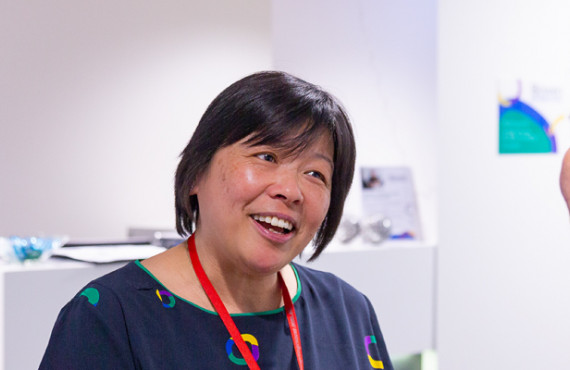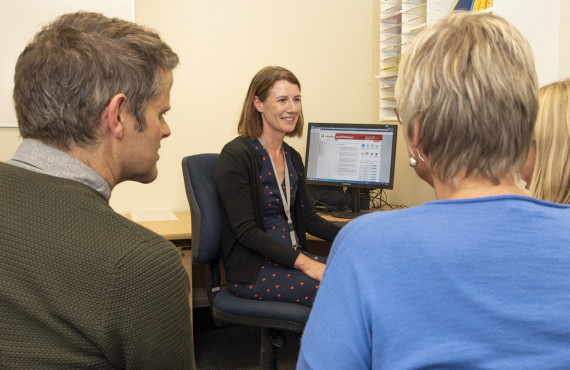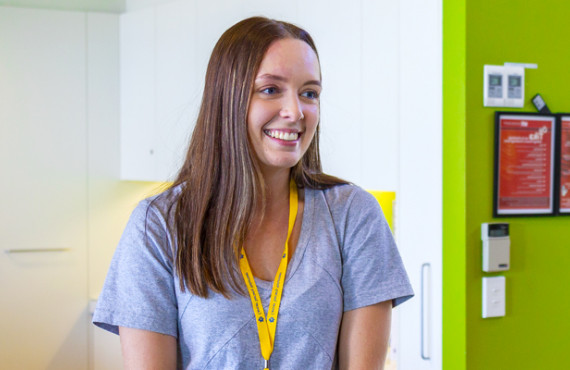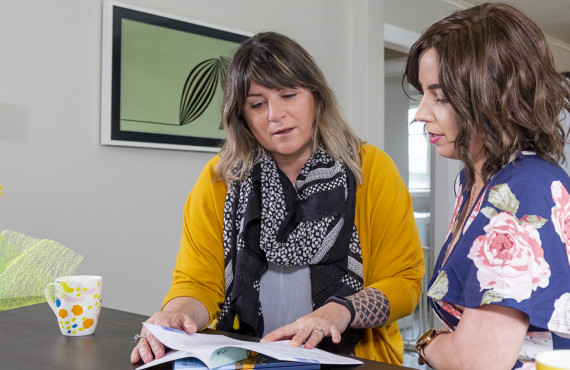If you have any symptoms of neuroendocrine tumours, they need to be checked by your doctor.
What are neuroendocrine tumours?
Neuroendocrine tumours (NETs) are cancers that start in the neuroendocrine system, which makes and releases hormones that control many body functions.
Like the rest of your body, the neuroendocrine system is made up of tiny 'building blocks' called cells. Neuroendocrine cells are found in most parts of the body.
Neuroendocrine tumours (NETs) begins when these cells grow abnormally.
Cancer is a disease of the body's cells. It starts in our genes. Our bodies are constantly making new cells, a process controlled by certain genes. Cancers are caused by damage to these genes. As the damaged cells replicate a lump or tumour is formed.
Tumours can be:
- Benign - not cancerous. These do not spread to other parts of the body.
- Malignant - cancerous
NETs are grouped by where the tumour started in the body.
The most common types of NETs are:
- gastrointestinal neuroendocrine tumours (GI NETs)
- lung neuroendocrine tumours (lung NETs)
- pancreatic neuroendocrine tumours (pNETs)
Neuroendocrine tumour symptoms
The symptoms will be different depending on where the tumour is in the body.
Signs and symptoms of neuroendocrine tumours may include:
- pain in your tummy (abdomen)
- diarrhoea
- hot flushes
- bloating
- wheezing or cough that doesn't go away
- heartburn (indigestion)
- weight changes for no reason
Having these symptoms does not mean you have a neuroendocrine tumour, but it is important to have any changes checked by your doctor.
Tips for talking to your doctor
- make a list of what you are feeling and how often it happens, including as much detail as possible
- think about your family/whānau history of cancer and tell your doctor
- go back to your doctor if you don't feel better, even if tests show you don't have a problem - you can ask for a second opinion if you want one
- take a family/whānau member or friend with you to the appointment for support

Learning more about the treatments you've been offered can help you prepare.

We've put together a list of questions you may wish to ask your treatment team.

We are here to help and support you and your whānau through cancer diagnosis, treatment and recovery…

Help with making tough decisions about what treatment you will have.
We know that going through cancer is tough and can raise many questions. You are not alone.
We have health professionals to answer your questions and provide the support you need.
Get in touch
